
ThrobbingHeadache
Athrobbing pain in the back of the head can seriously disrupt the dailylife for a person. The constant pain and pressure in the head causesthem to lose focus and their productivity at work suffers. Relaxingactivities become less fun when afflicted by a constant dull pain.Aches of this kind typically also radiate down to the neck andshoulders. Throbbing headaches are caused by a variety of things, themost common of which are sitting at a computer for a long period oftime, stress and psychological or social pressure and even simplybeing in a noisy location for a while.
Mostof the time, a throbbing headache is not part of a serious medicalproblem and will usually dissipate relatively quickly. Some headachesof this kind are caused by migraine, for which a direct cause has notyet been found. It is thought that abnormal brain activity causesmigraine headaches. Migraine is more common in women and is possiblya hereditary condition, meaning it is passed down from parents tochildren. Other symptoms associated with migraine are nausea andvomiting, light sensitivity and disruption of sight.
Clusterheadaches can also cause intensely painful throbbing headaches. It isa serious condition that can cause headaches on one side of the headevery day for months at a time. Cluster headaches are most commonamong teenagers and people between the ages of 40 and 50. Heavysmoking and/or drinking can also contribute to the appearance ofcluster headaches.
Astressed person or a person whose shoulder, scalp or neck muscles arestrained may suffer from tension headaches. These are characterisedby a throbbing pain behind the eyes or at the back of the head andare caused by various factors including irregular sleeping patternsor a lack of sleep, psychological anxiety and overexertion of the body.
Sinusitiscan also cause throbbing headaches due to the pressure build-up in thenasal cavity. Older people may experience headaches of this kind dueto an inflammation of or damage to the brain's blood vessels. In somerare situations, a throbbing headache can be the sign of a tumor orstroke, or perhaps even an infection of the brain (usuallyencephalitis or meningitis). These conditions necessitate immediateattention from a doctor to prevent them from getting worse orpossibly proving to be fatal. Bear in mind that these are quite rare.
Relief
Restand relaxation taken in a dark and quiet environment can do wondersto relieve a throbbing headache. Relaxing the muscles of the neck andthe shoulders can help reduce the tension and alleviate the strain. Massagingthe neck or applying a cold compress or ice pack can also bebeneficial.
Alcohol,cheese and chocolate should be avoided for those who suffer fromfrequent throbbing headaches, as those can trigger headachesnormally. Prescription or over the counter medications can help alleviate the pain but may not eliminate the causes.


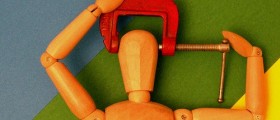

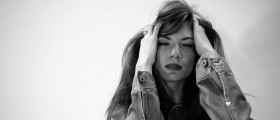

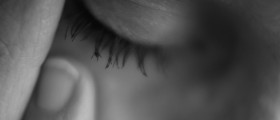

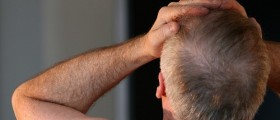
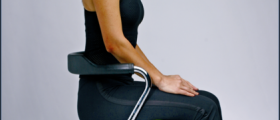
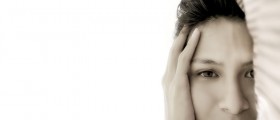
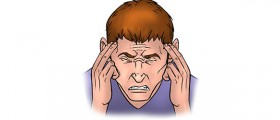



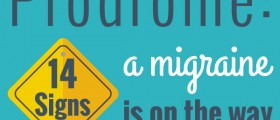
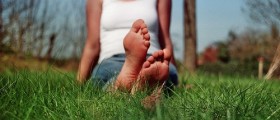
Your thoughts on this
Loading...